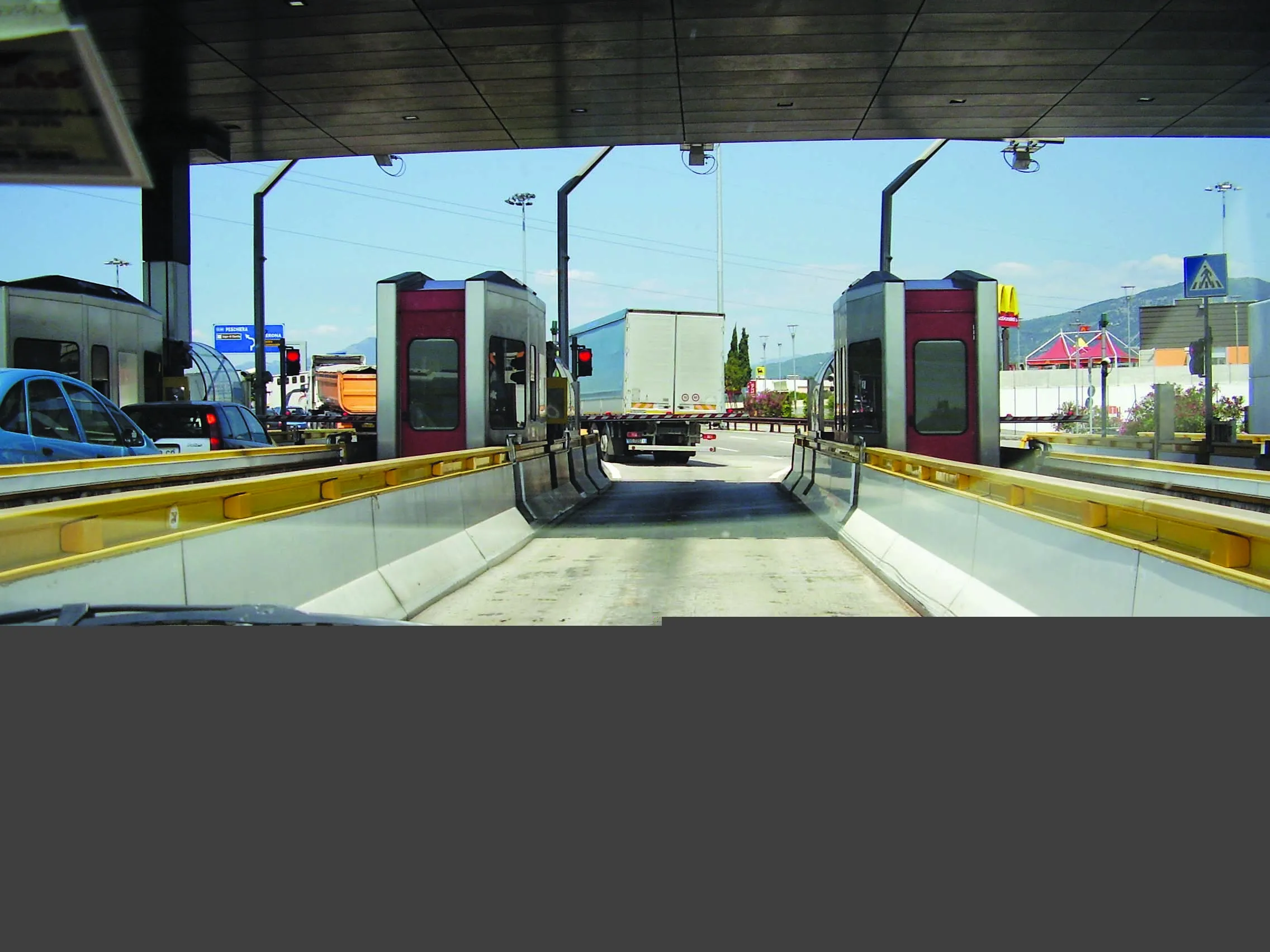With funding of road, bridge, tunnel and highway infrastructure a topic of debate in many developed and developing nations at present, different solutions are in the frame for discussion. Funding highway construction and maintenance through taxation is falling out of favour in many countries, simply because the costs of meeting transport infrastructure needs are so vast.
March 21, 2012
Read time: 3 mins
With funding of road, bridge, tunnel and highway infrastructure a topic of debate in many developed and developing nations at present, different solutions are in the frame for discussion. Funding highway construction and maintenance through taxation is falling out of favour in many countries, simply because the costs of meeting transport infrastructure needs are so vast. In the US for instance, there is a major debate over whether there should be increases in fuel taxes to raise revenue to meet the massive shortfall of the Highway Trust Fund, or whether there should be a switch to tolling or perhaps some other solution.
For new highways construction at least, some countries favour PPPs, which have proven to be suitable in some instances. Other countries prefer tolled highways, with packages offered under tender processes as long term concessions to industry firms.
But in developed countries where there is infrastructure, albeit in need of further expansion, there is reluctance on the part of the public to increase taxation levels. In the US, proposals to boost fuel taxes to meet highway spending needs are hugely unpopular. And with fuel efficiency improving overall, the increased use of fuel sipping hybrid vehicles, and perhaps the future widespread introduction of electric vehicles, the effectiveness of greater fuel taxation as a means to raising funds for infrastructure spending will become highly restrained.
With this in mind, other solutions are being put forward in Europe and the US to raise revenue, such as distance based charging for vehicle use. The UK considered this option seriously but it was rejected, while in the Netherlands a proposed scheme has, for the moment at least, been put on hold.
But some believe though that new technologies could allow effective distance based charging, without the massive set-up costs that made the UK proposals apparently untenable. In the US there is a body of experts who believe that distance based charging will provide a more efficient replacement to the old system of fuel taxation than tolling.
The issue of privacy provides one barrier. Using GPS receivers to monitor distance travelled has been a source of concern, although adopting a system that does not retain personal information offers a key. Distance driven could be pre-paid by the user via the Internet or distance travelled could be reported directly from a vehicle's odometer automatically using an on-board communications system. Odometer accuracy would be crucial, as current systems may vary considerably. By comparison GPS is more accurate, consistently within 0.5% of the actual distance travelled.
Clearly, those countries using fuel taxation to fund infrastructure need to look ahead. Hybrids and electric vehicles show that fuel taxation will become progressively less effective in years to come. Just what the solution for the US will be and when fuel taxation will become obsolete, remains to be seen.
For new highways construction at least, some countries favour PPPs, which have proven to be suitable in some instances. Other countries prefer tolled highways, with packages offered under tender processes as long term concessions to industry firms.
But in developed countries where there is infrastructure, albeit in need of further expansion, there is reluctance on the part of the public to increase taxation levels. In the US, proposals to boost fuel taxes to meet highway spending needs are hugely unpopular. And with fuel efficiency improving overall, the increased use of fuel sipping hybrid vehicles, and perhaps the future widespread introduction of electric vehicles, the effectiveness of greater fuel taxation as a means to raising funds for infrastructure spending will become highly restrained.
With this in mind, other solutions are being put forward in Europe and the US to raise revenue, such as distance based charging for vehicle use. The UK considered this option seriously but it was rejected, while in the Netherlands a proposed scheme has, for the moment at least, been put on hold.
But some believe though that new technologies could allow effective distance based charging, without the massive set-up costs that made the UK proposals apparently untenable. In the US there is a body of experts who believe that distance based charging will provide a more efficient replacement to the old system of fuel taxation than tolling.
The issue of privacy provides one barrier. Using GPS receivers to monitor distance travelled has been a source of concern, although adopting a system that does not retain personal information offers a key. Distance driven could be pre-paid by the user via the Internet or distance travelled could be reported directly from a vehicle's odometer automatically using an on-board communications system. Odometer accuracy would be crucial, as current systems may vary considerably. By comparison GPS is more accurate, consistently within 0.5% of the actual distance travelled.
Clearly, those countries using fuel taxation to fund infrastructure need to look ahead. Hybrids and electric vehicles show that fuel taxation will become progressively less effective in years to come. Just what the solution for the US will be and when fuel taxation will become obsolete, remains to be seen.






